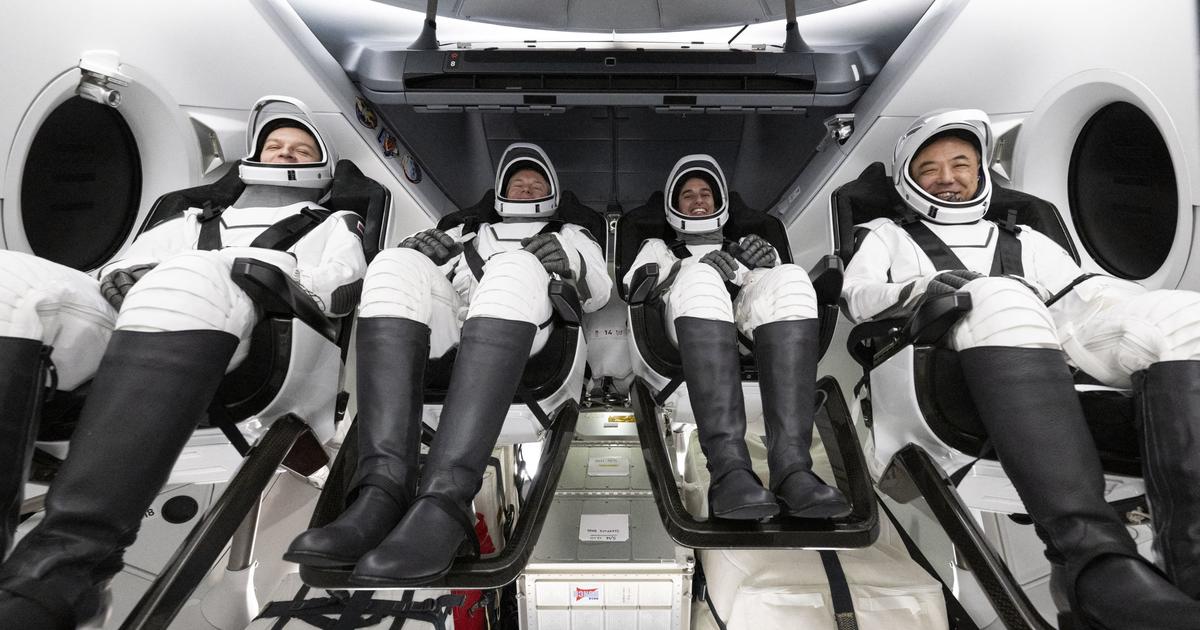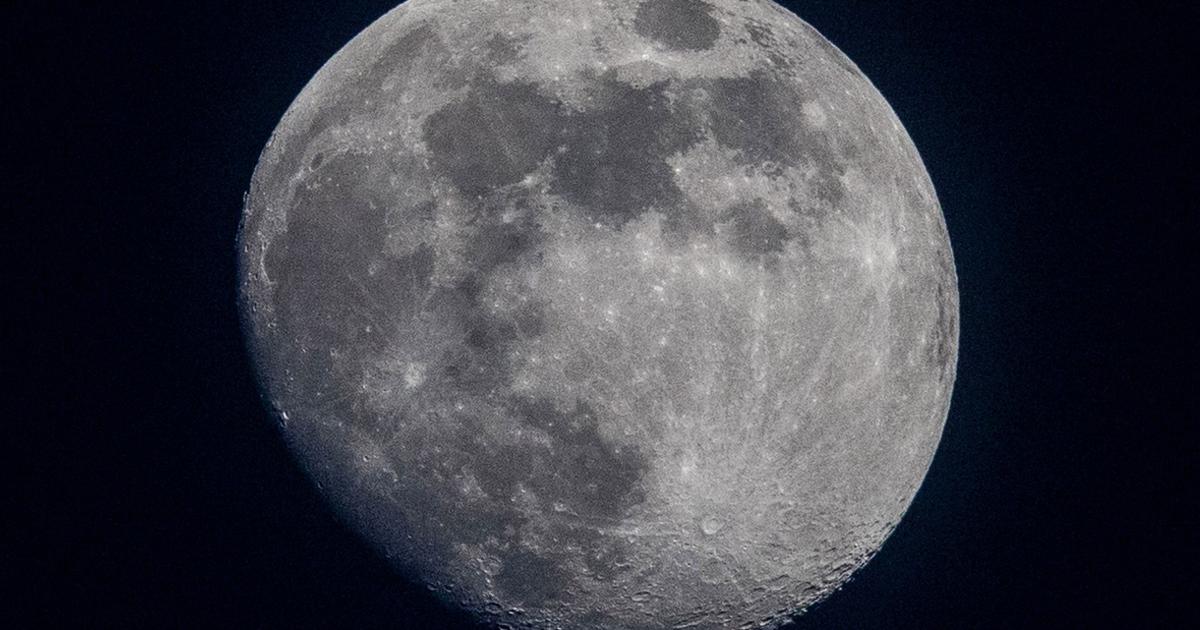Russia plans to withdraw from the International Space Station (ISS) in 2024, the new head of the Roscosmos space agency, Yuri Borisov, said today during a meeting with the country's president, Vladimir Putin.
“We are going to fulfill our obligations to partners, but the decision to leave the ISS after 2024 has already been made,” he stressed.
In response, a spokesman for NASA, the US space agency, has assured Reuters that they have not received any official communication in this regard.
Russia's collaboration with its Western partners - the US, Europe, Canada and Japan - has been on the tightrope since the beginning of the war in Ukraine and the Slavic country had already threatened on other occasions to withdraw from this space outpost that It orbits the Earth at an altitude of about 400 kilometers.
The sanctions imposed by Europe on Russia for the invasion of Ukraine had already put important joint space and scientific missions in dry dock, especially the plans to land the Mars exploration vehicle
Rosalind Franklin
as part of the Exomars mission.
The US and Europe were in favor of extending the useful life of the ISS beyond the current limit agreed with Russia, in 2024. In fact, the ISS was one of the last major scientific and space projects in which the collaboration between the powers continued. despite the war in Ukraine.
It is not clear what the consequences of Russia's withdrawal from the project, which is made up of different modules run by Russia, the US, Europe and Japan, would be.
Currently on the station there are three Russian cosmonauts, three Americans and one European, the Italian Samantha Cristoforetti, who a few days ago became the first European woman to perform a spacewalk.
More information
Mike Malaska (NASA): "Discovering extraterrestrial life will not be as radical a change as we think"
Borísov, who recently replaced the controversial Dmitri Rogozin at the head of Roscosmos, added that from 2024 Russia will begin to build its own orbital station, reports Efe.
Last June, Roscosmos sources assured that Russia will continue to work and participate with its partners on the ISS until it has its own orbital platform, something planned for 2025. Robyn Gatens, director of the ISS at NASA, told Reuters today that their Russian counterparts have not communicated their decision to abandon this infrastructure, as required by the collaboration agreement.
Not even the Russian space agency has confirmed the words of its boss or that the decision to leave the ISS is firm, reports Reuters.
The turmoil generated by the invasion of Ukraine was not long in coming, especially thanks to the incendiary reactions of Rogozin, who did not hesitate to insult Twitter users or confront dialectically with the space businessman Elon Musk.
"If the US blocks cooperation with us, who will save the ISS from an uncontrolled exit from orbit or a fall on the US or Europe?" Threatened the dismissed director of Roscosmos at the end of February on the social network.
Ordago in Russian
This ordeal reopened the debate on the role of Russia in the ISS, since it is its module that generates the necessary power to prevent the infrastructure from losing height and ending up falling destabilized on the Earth's atmosphere.
These engines to vary its flight height are located in the central core of the station, in the Zarya and Zvezda modules, the first Russian contribution to the project.
The alternatives if Russia crossed its arms are reduced to the possibility of taking advantage of the arrival of a European freighter, since they are equipped with their own maneuvering engines that could drive the station.
Geopolitical provocations have not reduced tensions since February.
Roscosmos had its cosmonauts pose with flags of the pro-Russian Ukrainian republics on board the ISS, to circulate them as propaganda on their social networks.
NASA responded with a very harsh statement, although it assured that it would try to continue collaborating with the Russian agency despite this gesture.
The clashes on Earth have also affected the European partner of the space station.
The European Space Agency (ESA) has had to review many of its plans after its decision to break its collaboration with Russia in the space field.
The first mission to fall by the wayside was Exomars, in which Europeans and Russians planned to search for life on the Martian planet.
The response to the sanctions has left ESA without Roscosmos' Soyuz rockets, which immediately withdrew all of its personnel (about ninety people) from the European Kourou Cosmodrome in French Guiana.
Since its launch in 1998, the ISS has been one of the largest international cooperation space projects in history.
It has been visited by more than 250 astronauts —including the Spanish Pedro Duque— and more than 3,000 experiments have been carried out in microgravity, supporting scientific advances applicable both on Earth and in future long-term space missions.
It is the only space post that has been inhabited continuously since 2002 and has involved an investment of more than 100,000 million euros.
In recent years, different projects have been considered to maintain its useful life beyond 2024, in part opening the possibility of adding new modules operated by private companies.
You can follow
MATERIA
on
,
and
, or sign up here to receive
our weekly newsletter
.






